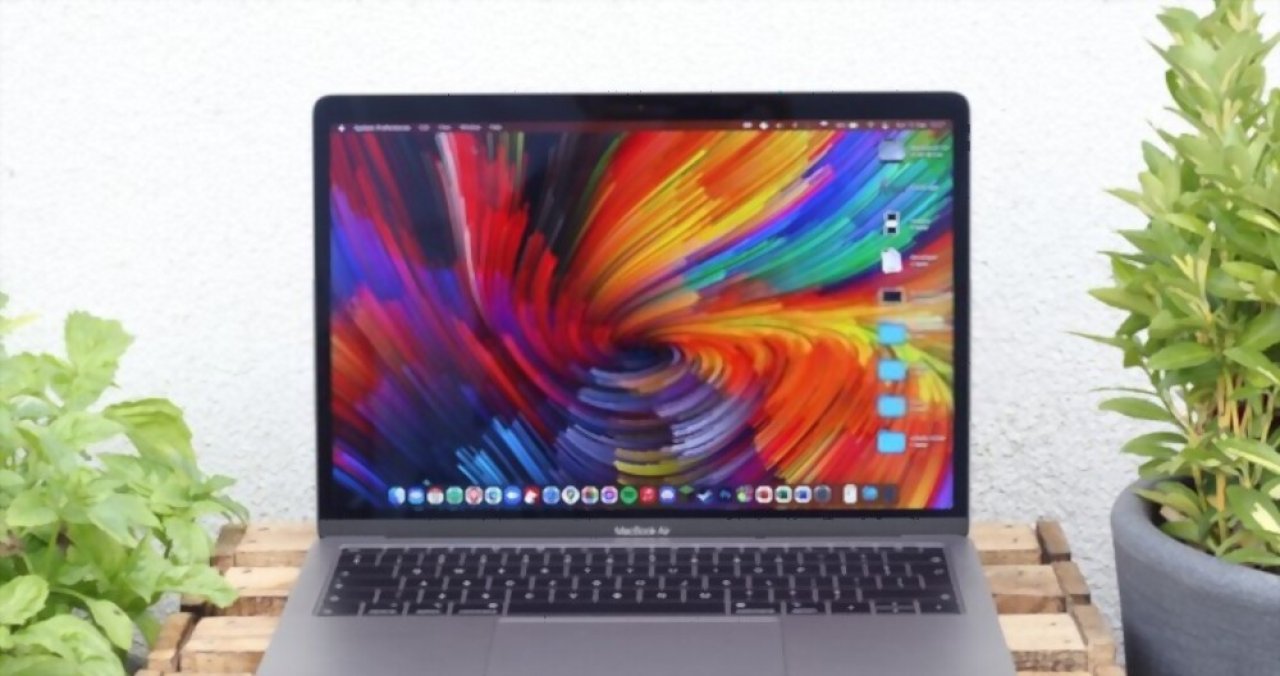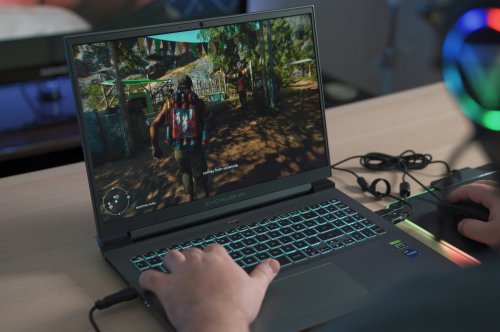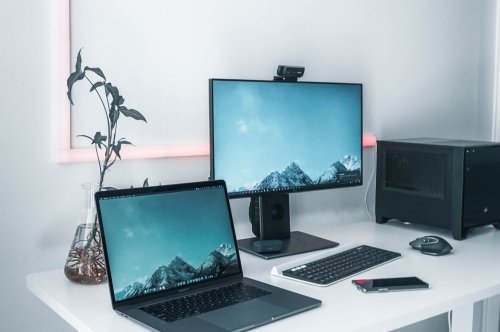10 Tips For Maintaining Your Laptop

Laptop maintenance is essential for keeping your device in top shape. This guide presents 10 valuable tips covering aspects such as cleaning, physical protection, temperature management, software updates, power protection, and more. By following these tips, you can optimize performance, prevent damage, and extend your laptop's lifespan.
-
Keep it clean: Regularly cleaning the exterior of your laptop prevents dirt, dust, and grime from accumulating. Use a soft cloth, such as a microfiber cloth, to wipe the surfaces. If there are stubborn stains or marks, you can lightly dampen the cloth with a mild cleaning solution or isopropyl alcohol (70% concentration or lower) and gently wipe the affected areas. Avoid using abrasive materials or harsh chemicals, as they can damage the surface.
-
Protect against physical damage: Laptops are portable devices that can suffer physical damage. To protect your laptop, use a laptop bag or case when carrying it around. These bags are designed to cushion the laptop and provide protection against bumps, drops, and other accidents. Avoid placing heavy objects on top of your laptop, as the weight can stress the display or other components.
-
Use a cooling pad: If you utilize your laptop for resource-intensive tasks like gaming or video editing, it can generate a lot of heat. Overheating can affect performance issues and damage internal components. A cooling pad is a device with built-in fans that improves airflow and dissipates heat from the bottom of the laptop. By using an air conditioner pad, you can keep your laptop running at optimal temperatures.
-
Maintain a stable temperature: Extreme temperature conditions can negatively impact laptop performance and longevity. Avoid exposing your laptop to high temperatures, such as leaving it in a hot car or exposing it to direct sunlight for extended periods. High temperatures can cause overheating, which can lead to hardware failures or a reduced lifespan. Similarly, extremely low temperatures can affect battery performance. It's advisable to store and use your laptop within the manufacturer's recommended temperature range.
-
Update software regularly: Keeping your laptop's software up to date is crucial for security and performance reasons. Regularly updating your operating system, antivirus software, and other programs ensures the latest security patches and bug fixes. These updates often address vulnerabilities exploited by malware or hackers. Additionally, software updates may also include performance improvements and updated features.
-
Manage startup programs: When you start your laptop, several programs may automatically launch in the background. Having too many startup programs can slow down booting and consume system resources, potentially affecting overall performance. You can manage startup programs through your operating system settings or preferences menu. Review the list of programs and disable or remove unnecessary ones to optimize startup time and system performance.
-
Keep your hard drive clean: Over time, your laptop's hard drive can accumulate temporary files, cache, and other unnecessary data. This can take up valuable storage space and slow down your system. Most operating systems provide built-in disk cleanup tools, such as Windows' Disk Cleanup utility. You can use these tools to remove temporary files, empty the recycle bin, and clear the browser cache. Alternatively, there are third-party software options available for more advanced disk cleaning and optimization.
-
Protect against power surges: Power surges, which are sudden increases in electrical voltage, can damage your laptop's internal components. To protect your laptop, use a surge protector or an uninterruptible power supply (UPS) when plugging it into a power outlet. Surge protectors divert excess voltage away from your laptop, while UPS devices provide backup power in case of power outages. These devices protect your laptop against electrical fluctuations.
-
Avoid eating and drinking near your laptop: Accidental spills of food and drinks can ruin your laptop. Liquids can damage the keyboard, trackpad, or other internal components, leading to costly repairs. It's advisable to keep food and beverages away from your laptop's vicinity to minimize spill risk. If you must have a drink nearby, use a spill-proof container and ensure it's placed safely near the laptop.
-
Shut down properly: When you're finished using your laptop, it's imperative to shut it down properly instead of simply closing the lid or letting it switch to sleep mode. Shutting down your laptop allows it to install updates and perform maintenance tasks. It also conserves battery power and reduces unnecessary hardware wear and tear. To shut down your laptop, use the operating system's shutdown option, which is usually accessible from the Start menu or power settings.
By following these laptop maintenance tips, you can help ensure optimal performance, prolong your laptop's lifespan, and prevent common issues that may arise from neglect or improper use. Remember to consult your laptop's user manual for any specific maintenance instructions provided by the manufacturer, as different laptops may have slightly different care requirements.







